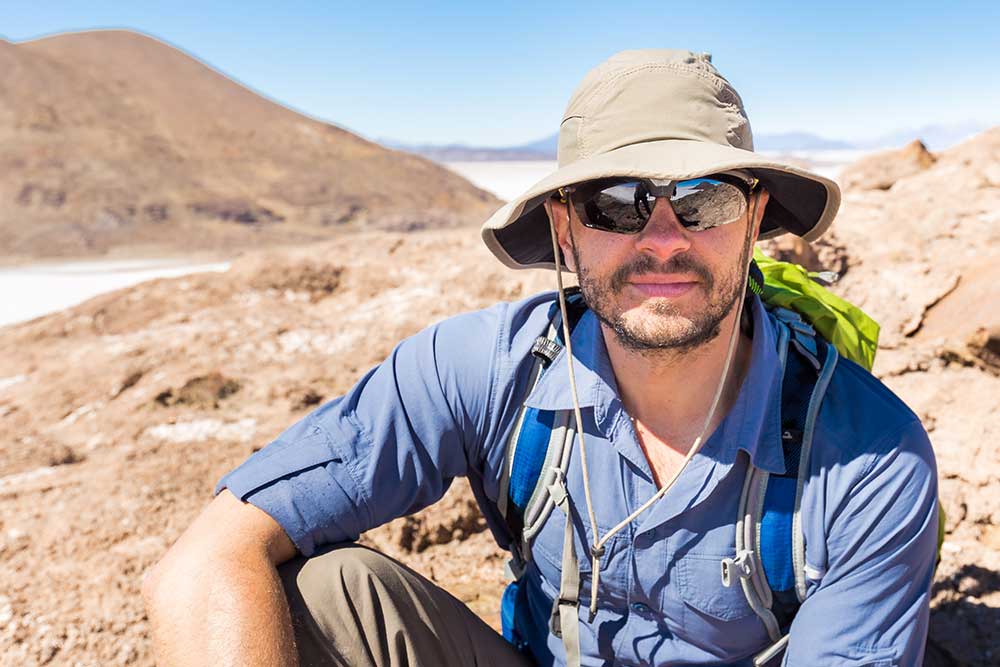All Categories
Featured
Table of Contents
What Is A Geophysicist? in Queens Park WA 2021
This work is significantly contracted out, so consultancies supply another source of work. Consultancy firms vary in size, from very little companies to big multinationals. Some consultancies are quite specialised in using particular geophysical techniques or operating in specific locations, while others provide a more varied variety of services to their customers.
The extraction of gas from land fill websites is another area of work and this might grow in the future. Exploration business may carry out work for building companies, public utility, mining business and environmental agencies, so geophysicists may be employed in any of these settings. Other employers consist of: geological surveysgovernment bodies and agenciesuniversities and research study institutes.


Vacancies might be listed in the oil and gas sector press. Recruitment is impacted by oil rate variations and the level of competitors for positions varies depending on this. Careers Days, which cover the full series of geoscience careers and are usually attended by a number of essential market employers, are run by The Geological Society.
How A Geophysical Survey Is Crucial To Offshore Wind Farm ... in Casaurina Western Australia 2021
Some of the big oil and gas business offer a full two-year structured training program throughout the breadth of geophysics, consisting of the opportunity to experience operate in different teams before specialising in one location. Your training might consist of work on: existing wellsmagnetic and gravitational potential field information analysisresearchrock analysis. It's more typical for your preliminary training to be supplied on the task.

There might be a probationary duration throughout which you work together with a skilled colleague. Competency-based appraisals happen regularly in a lot of companies. In smaller companies, and for scholastic posts, there is unlikely to be any formal training - you'll be anticipated to start work straightaway and get skills as you go along.
If you work for a smaller sized business, you might discover that you require to take duty for setting up and funding your own advancement and training. If you have a geology degree, subscription of The Geological Society can be beneficial for networking and for keeping up to date with the industry.
Geophysicist, Exploration - Job Descriptions in Lockridge Aus 2023
You may also discover it beneficial to join the PESGB (The Petroleum Expedition Society of Great Britain, which has a geophysics special interest group. After a probationary duration, and once you've acquired some experience, you could advance to senior geophysicist, then group leader and then into a senior role in management.
The ease of motion between roles depends upon the business structure. Research study at Masters or Ph, D level in a subject related to geophysics or geosciences may assist with your career advancement and development. The work market within the oil and gas market is extremely reliant on cost and this may impact your chances for career development.
However, not all jobs depend on the oil and gas markets. For skilled geophysicists, freelance consultancy provides a good route for career development. You can likewise specialise in a specific location of geophysics. As a geophysicist, you're likely to have numerous jobs throughout your working life. Worldwide mobility is important for dealing with peaks and troughs in different nations at different times.
Geophysical Method - An Overview in Wilson Australia 2022
From geophysics, it's possible to concentrate on seismology (finishing additional training to end up being a seismic interpreter) or to move into related locations such as engineering geology or hazard prediction.
Deciding what to study in college is a hard option. Even if you know that your field of interest lies in science, what program of research study is ideal for you?
The very first action to accomplishing your objective of becoming a geophysicist is making a degree. Even for entry-level positions in the field of geoscience, you'll need a bachelor's degree (a geophysicist college degree) from an accredited college or university. Geophysicists should be able to: analyze rocks, photographs, and other pieces of data perform research both in the field and in labs develop maps and charts of their findings write reports To accomplish all this, students need a specialized education for geophysicist professions.
As mentioned above, you'll require a bachelor's degree in geoscience or a related discipline, such as a physical science or a natural science, to land an entry-level job. However trainees can likewise prepare by majoring in subjects like: Biology Chemistry Computer technology Engineering Mathematics Physics The above geophysicist majors provide a more generalized method to a single scientific discipline, but the majority of programs need students to take one or more geology course.
Latest Posts
Geophysical Survey - Salisbury Archaeology in South Guildford Aus 2021
Geophysical Survey in Yangebup Aus 2022
Working As A Geophysicist And Oceanographer In Canada in Singleton Aus 2022